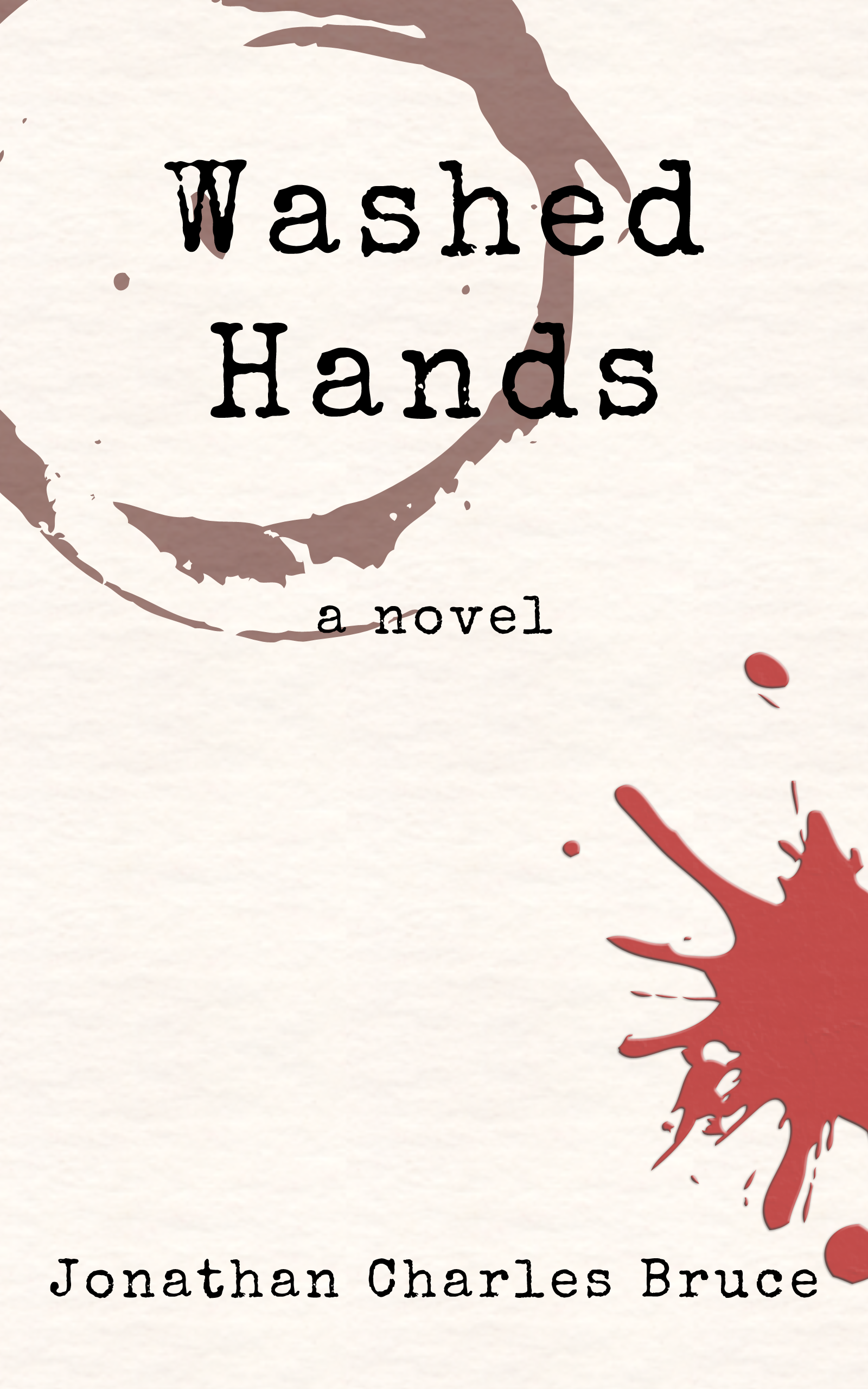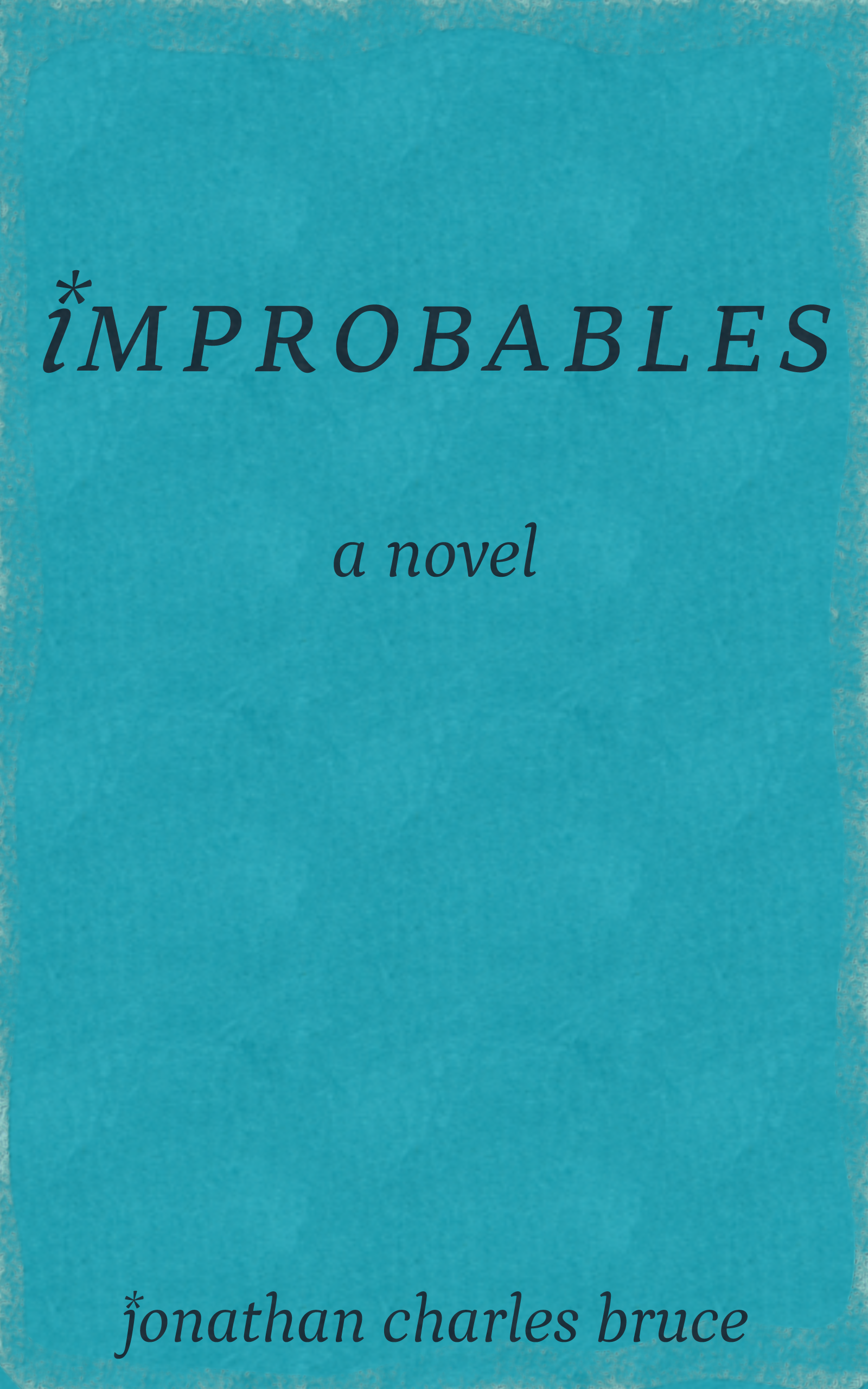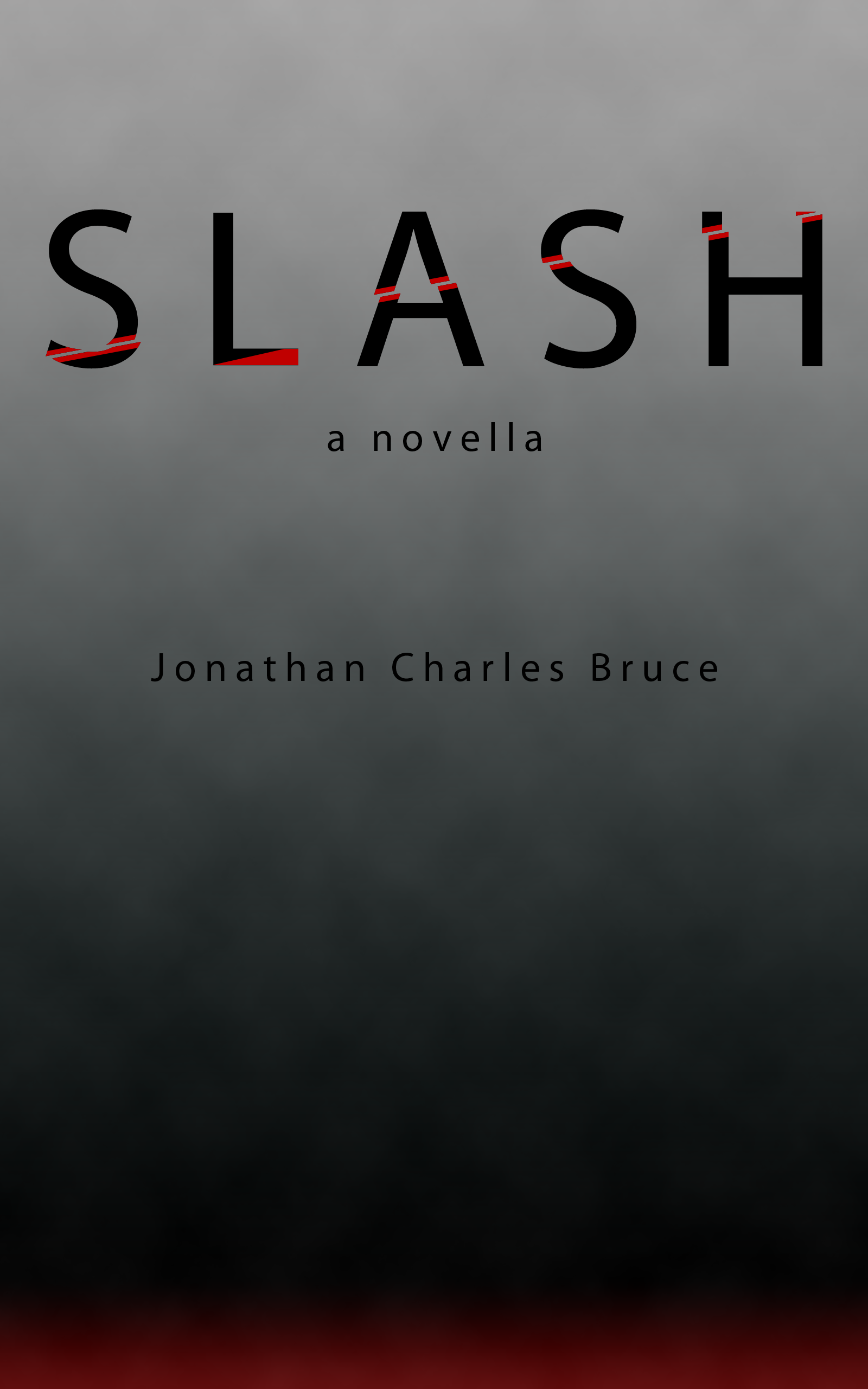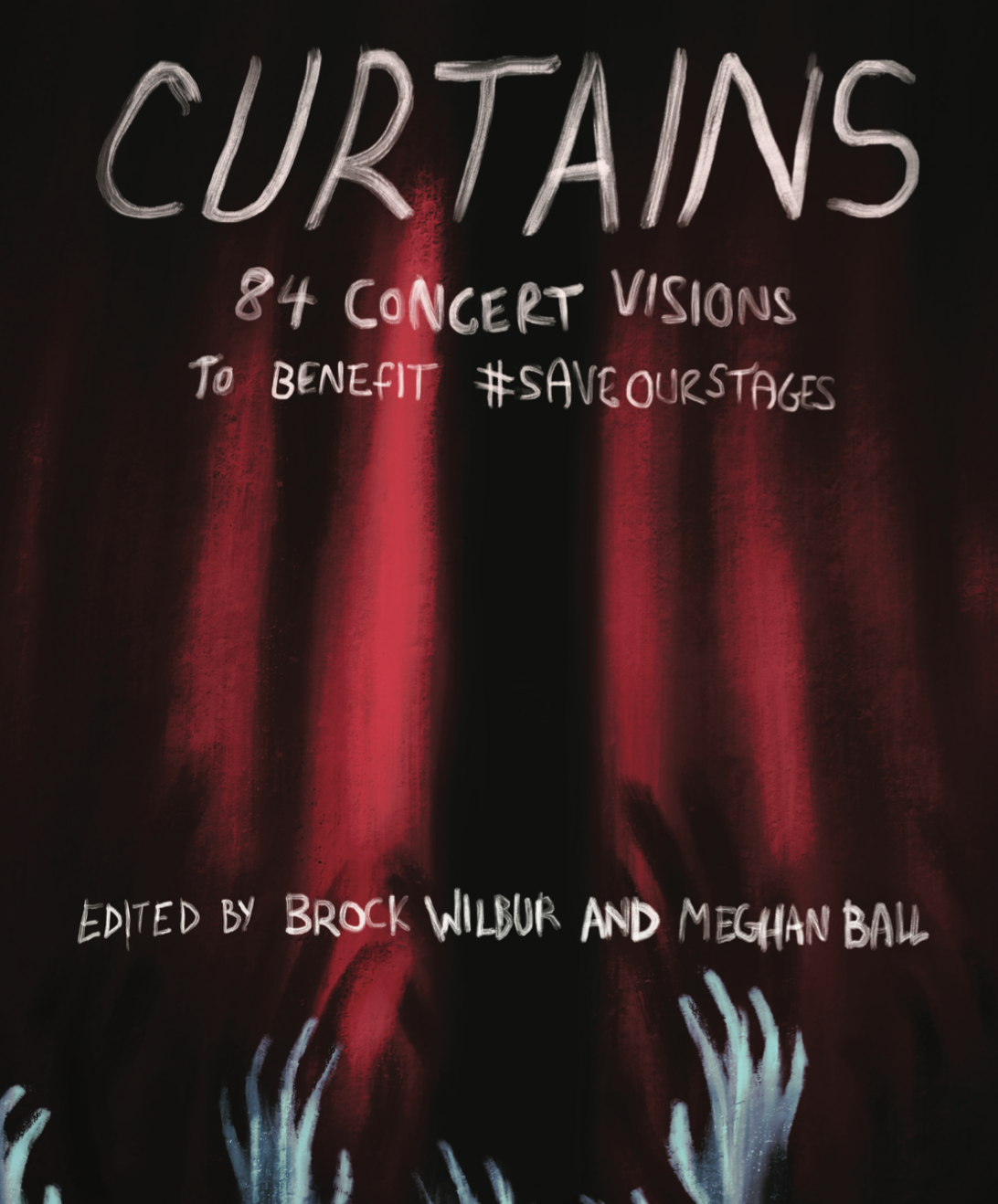#mywritingprocess
Hello friends, fellows, country people, and consumers of fine internet detritus! I was tagged by the indomitable Steven Luna last week to discuss my writing process. His direct words were that I had written “the superhero-redefining novel Project Northwoods”, which is just all kinds of humbling. And yes, I’m going to point that out from now until the sun goes nova. Anyway, you will probably know Steven from either the crackin’ good artwork he did for me or, probably more likely, his books, which include the Joe Vampire series. That particular series saw a new release earlier last August. Erm… this August. The one in 2014.
Cough.
So without further ado, let’s get goin’!
WHAT ARE YOU WORKING ON?
At the moment, my main internet-project is Traipsing Through Silent Hill, a series where I critically examine the relatively popular video game series. Mostly, I just wanted to play through the games again, but I felt that actually tacking on a substantive analysis would be a good way to flex my brain meats. Such intent was done after I discovered and tore through Jenny Trout’s critical takedown of 50 Shades of Grey. What’s good for “literature” is good for video games, amiright?
Anyway, this is a game series that is usually cited as a really interesting story, so I thought I’d take a swat at it. I’ve already discovered some really unpleasant themes that pop up in the prequel game, so it’s been a lot of fun, really. I think my most popular post was one where I look at one puzzle involving dolls and deconstruct the misuse of symbolism for a clumsy attempt at humor. Or something. I’m still not entirely sure what that whole thing was about, to be honest…
But no one wants to hear about how I’m faffing about with video games! I have three main writing projects going on at the moment. Two are part of series that have been released or are in the process of release through the fine folks at Booktrope—Project Northwoods and Washed Hands. The third came about because I was inspired by Michael Munz’s Zeus is Dead and Jenny Trout critical work (I can’t even begin to tell you how brilliant her work is)—it’s a satirical look at paranormal romance. But knowing me, it’s probably just going to turn into a punch fest.
HOW DOES YOUR WORK DIFFER FROM OTHERS IN ITS GENRE?
That’s always such a weird question to ask. Or, at least, I find it a weird question. It seems like a question rife with the possibility of ego stroking if you’re not careful. Also, I guess I don’t feel qualified to answer the question. Readers are the ones who are more in tune with this kind of thing. Further, as I would tell my students in class, intent is totally different from consumption. How people end up reading a work is just as, if not more, important than the intent behind it.
It’s also hard to really say I’m a genre author. Project Northwoods is broadly considered to be speculative fiction, which is itself associated with science fiction. It can also fall under the heading of urban fantasy, I suppose. Washed Hands I often refer to as “detective-ish”, meaning that it is part thriller with noir detective elements. It was my first stab at writing something that had a mystery behind it (unless you dive into my plays), so it could utterly fail. Ultimately, take this aside for precisely what it’s worth—random stabs in the dark at understanding myself in relation to others.
That being said, I am hyper aware of commonly used tropes and themes across genres. Super villains failing due to hubris, noir stories ending poorly for the hero… understanding how these things work and why allows me to attempt to negotiate them in new and interesting ways. I guess if I were a total wanker, I would refer to it as engaging more with a meta-story, but I’m not, so I guess I’ll suggest that years of video games and movies have turned me into an author obsessed with movement.
More than one reader has pointed out that my writing is very much so visual, in that they can see the scene playing out really clearly. When I write, I like to imagine it as a play or a movie, so it’s good to see that benefiting my readers’ take on things. I don’t really think I’m super descriptive, namely because I like my audience to be able to imagine what they like. I won’t spend too much time describing characters outside of a few key descriptors. Or at least, I really don’t like to spend a long time describing people and places because I always feel it derails the pacing. So… um… I guess that’s something different, right?
Also, at least one of my books contains long scenes of super powered men and women beating the stuffing out of each other. Some may call it masturbatory. I would call it vital plot development through the art of pugilistic punctuation.
But then I’d concede that it’s totally masturbatory.
WHY DO YOU WRITE?
I jokingly say “compulsion” whenever this comes up. In fact, it’s on the heading of my blog page.
Over the past several months, I’ve come to realize that writing is how I find out more about myself in relationship to others and the world around me. It’s one of the principle ways I work through my feelings and emotions, especially when I am having difficulty coming to grips with certain situations; namely, situations that arise where it seems that the only way to stay sane is to bury your head in the sand and hope for the best.
This isn’t to say that I’m some kind of anachronistic stoic dipshit who can’t articulate himself. My ladyfriend, friends, family, students, tutees, and strangers will probably tell you that such an assertion is an outright lie. But even beyond the traumatic/weird stuff that life throws my way, there is something about the creation of fiction that still allows one to align the self in relation to the world at large.
HOW DOES YOUR WRITING PROCESS WORK?
I like to plan out everything in advance, or at least most things. I like to know the main emotional beats of a story before anything else—if nothing else, then to know how my characters evolve through the process. Considering that character development is one of the most central aspects of the story, knowing how your stars begin and end their journey is vitally important. Plus, if they end up the same at the end of the story, you know that you’re running into problems sooner rather than later.
Set pieces are also really important aspects, because I really like to devote time to exciting goings-on. It’s not just punching, either—I like to plan out escape sequences and other elements of high action. I think that working with these two items—set pieces/character growth—you end up with a situation where both work toward the common goal of telling the story. Your action serves to assist character development, and your core emotional scenes have just a touch more at stake.
This is a fancy way of saying that I like to create internal charts of how the story evolves. Occasionally I will write them down on paper. I only really do that if I’m stumped with the story or I happen to be concerned with whether or not I will remember what I need to have my characters do/overcome. When I was writing Project Northwoods, I felt I had written myself in a corner with a major obstacle in part three. After about two weeks of writing things down on scraps of paper and working through it, the solution eventually came to me at work.
Didn’t even need to write it down.
Oh, and then there was the time I wrote about sixteen different iterations of Washed Hands’ chapter order just to help pass the time during moments of inactivity at work. But nothing came of it other than memorizing the order of events to the story which probably would have happened anyway, if we’re being honest.
* * *
And that’s it for now, ladies and gentlemen! I am tagging the industrious Jinn Nelson to continue this amazing little blog train next week. If you don’t know who she is, you can head on over to Amazon and pick up her book Fear the Hunted or the short story Pirated. Or if you are phenomenally cheap, you can just look at her website.
But study hard… there will be a test.
< PREVIOUS ENTRY • NEXT ENTRY >
Advice • Fiction • Gaming • General Musings • Reviews





